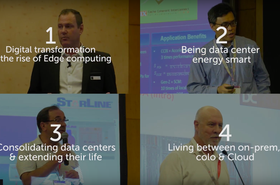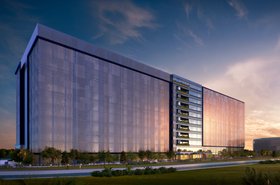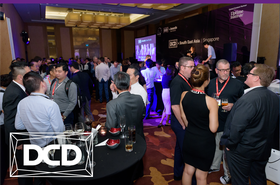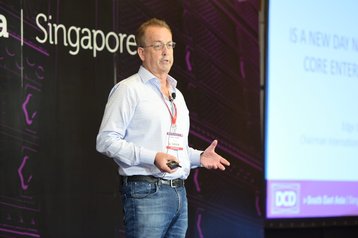“If you don’t have the philosophy of ownership, then perhaps you shouldn’t be running your own data center. You need to have a strategic vision on how you are going to own it,” Mark Thiele, director of edge computing at Ericsson, said during his keynote at DCD > South East Asia held in Singapore this week.
Thiele talked about the role of modern data centers, which have to deal with the impact of the public cloud and rapidly changing IT requirements.
When to build a data center
For all the talk of the cloud, running your own digital infrastructure does retain certain advantages, Thiele said. One of which is the ability to keep one’s data close at hand, alleviating the potential challenge of migrating data from a public cloud platform.
“If you keep your data in your data center, then it is easier for you to go multi-cloud – compared to if you keep all your data within a specific public cloud platform,” he said.
Indeed, Thiele is convinced that public cloud adoption likely won’t exceed 17 percent. And while there is no denying that workloads with huge variations in demand should be run using public cloud resources, he says that the vast majority (80%) of enterprise workloads don’t vary that much.
Moreover, the rise of edge computing will influence how data centers are built and the kind of services that are demanded of them. Thiele identified this as a far-reaching trend, with developments such as autonomous vehicles, virtual and augmented reality, and the Internet of Things (IoT) influencing the drive towards capacity at the edge.
But the strongest appeal of the edge may not be related to a specific trend, but the ability for businesses to leverage it towards creating a better experience: “In many cases, it is about customer experience. The better service you can offer to them, the better connection and loyalty they feel to you.”
Of course, enterprises that decide to establish their own data centers should not merely be building a facility, but looking at how the data center fits into their organization’s business flow. To succeed, they must build it with an eye towards the long-term.
“Ultimately, [building a data center] is a very complex issue and requires you think about property ownership, corporate sustainability, performance, funding, [power] efficiency and other KPIs,” he summed up.
More from DCD>Singapore
-

Event News DCD>South East Asia 2018 Highlights
-

-


